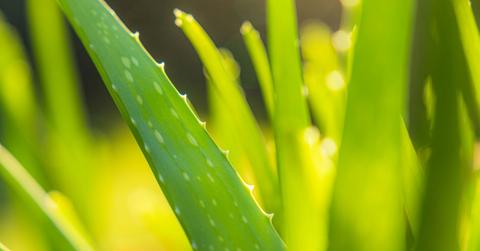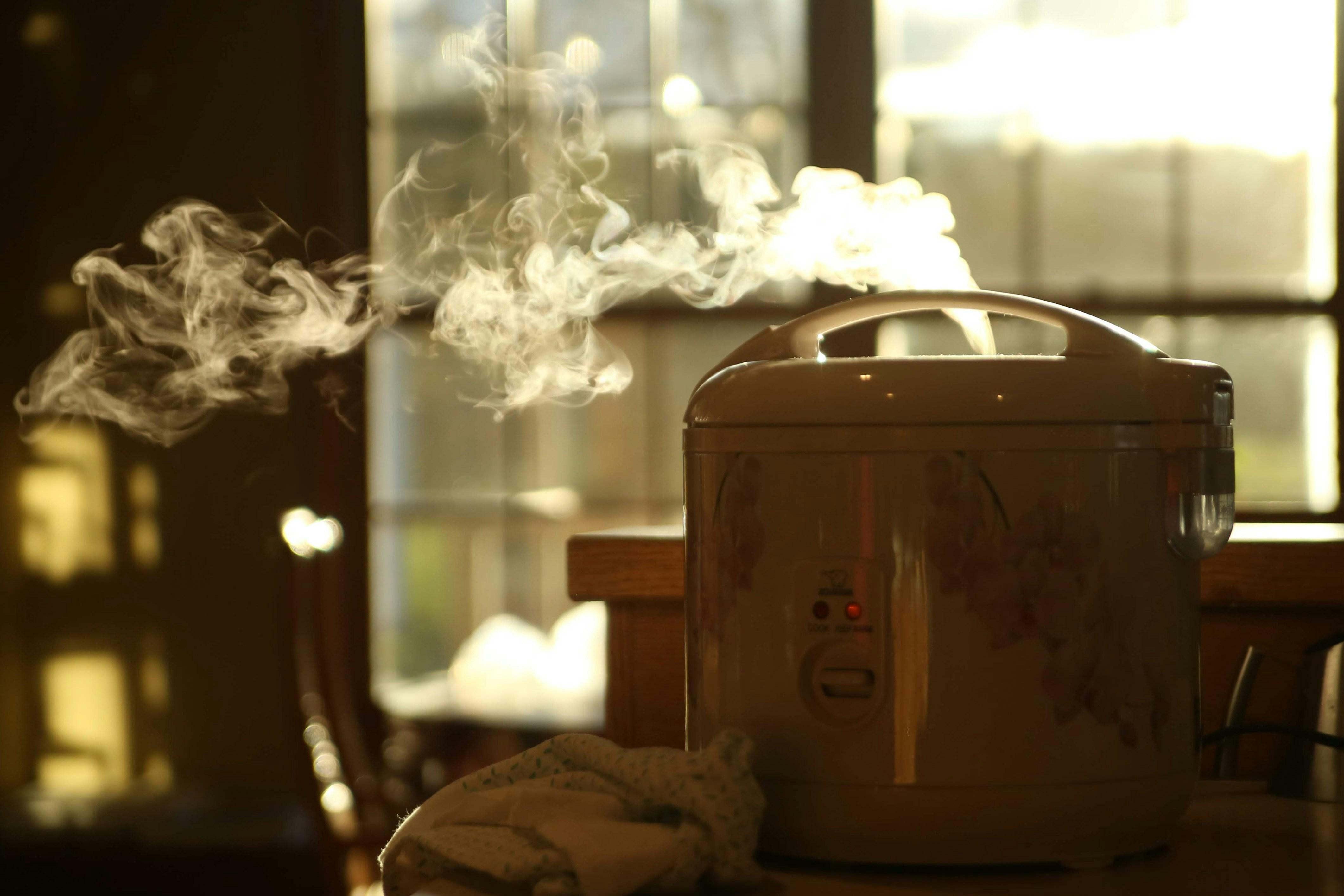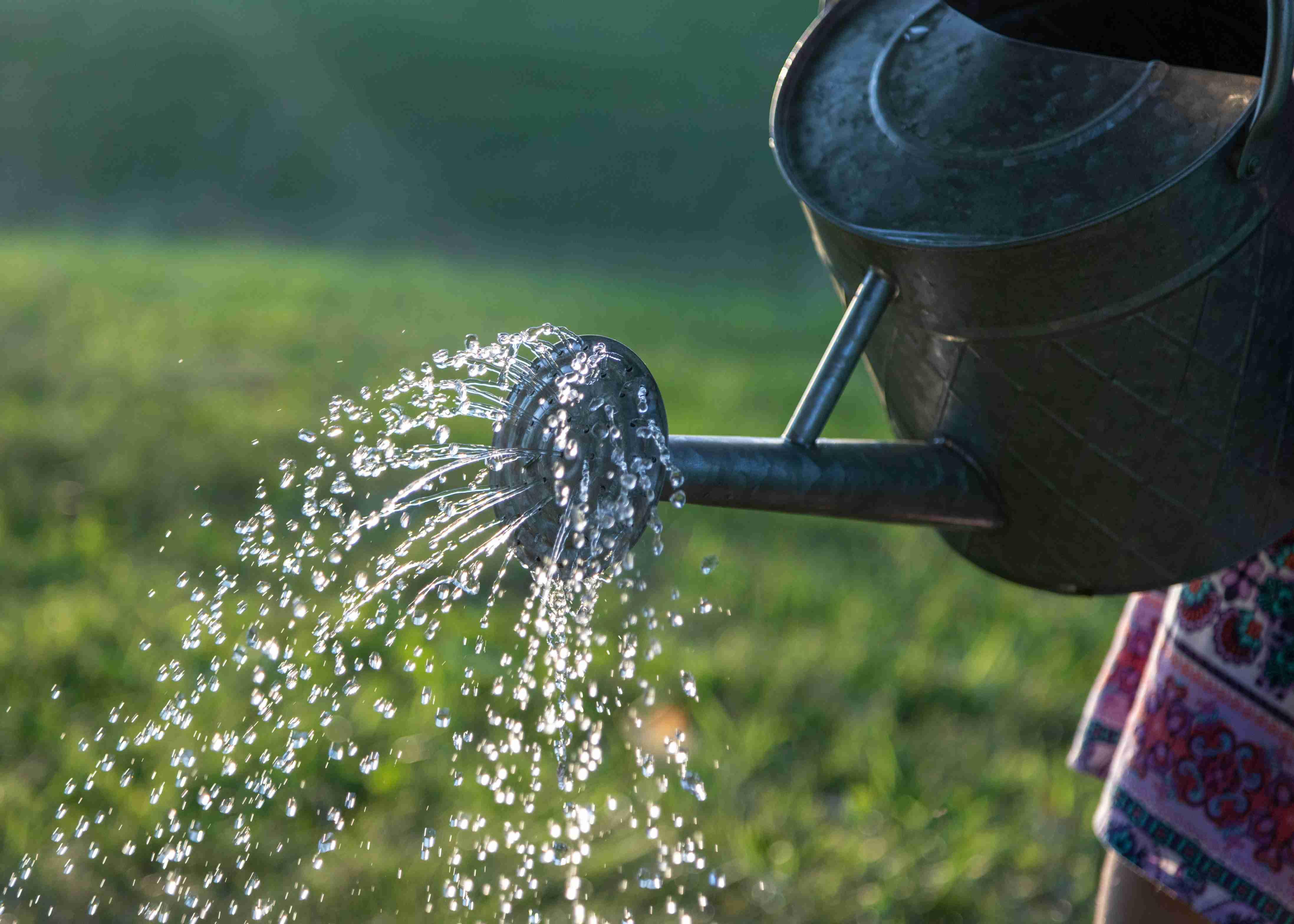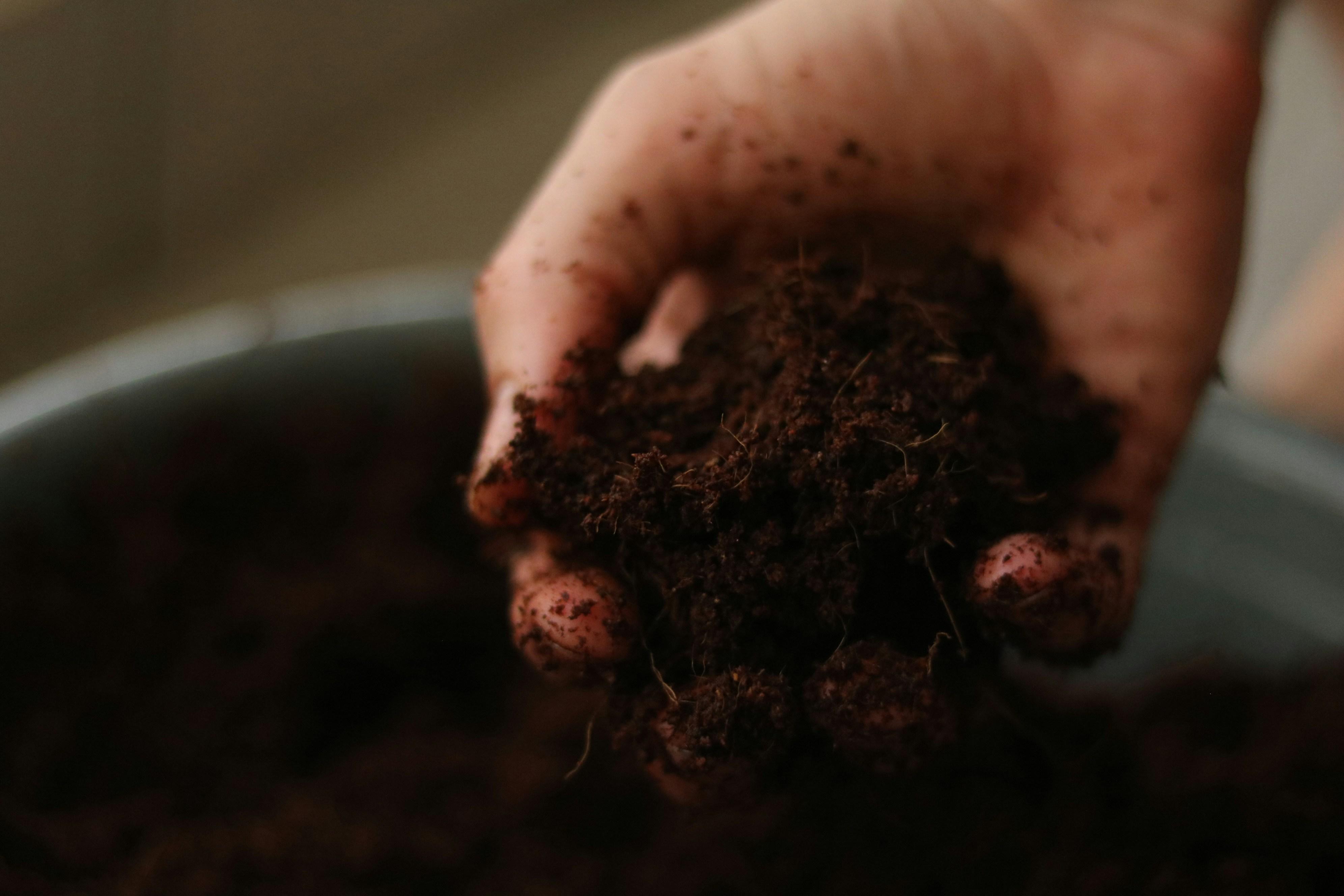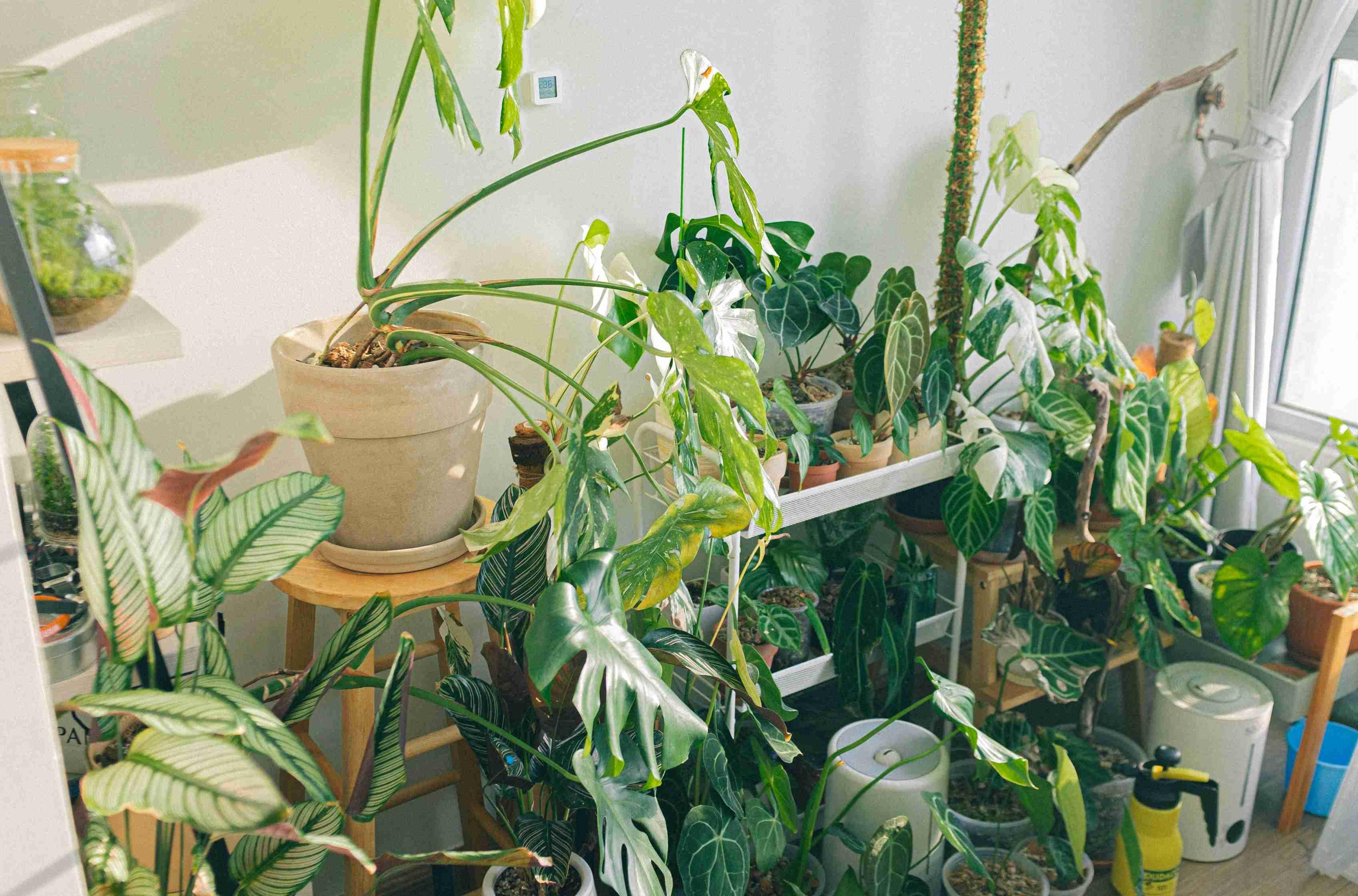This Guide Will Help You Make Your Aloe Plant Leaves Soft and Chewy
The right soil, space, sun, and sufficient watering goes a long way.
Published March 7 2025, 9:34 a.m. ET
If you have been nurturing an aloe vera plant in your home, by now, you have considered the many ways that this super versatile plant can be utilized to benefit your health. From the aloe vera gel nourishing and protecting your skin, to the remarkable ability of aloe vera juice to replenish, rehydrate, and restore one's body back to a healthy norm, aloe vera is an amazing companion around the house.
It is likely, then, that you want to make your leaves soft and chewy. Do you know how to do so?
Whether you are new to aloe vera plant care, or you are just starting out in your journey to maintain beautiful plants around your home, you are in luck. Follow the steps below to better understand your aloe vera plant's needs so that you can keep the leaves healthy for future medical and health needs.
Can aloe become soft and chewy if you steam it?
Yes, steam should help make leaves that have already been removed softer if you intend to use the leaf for health or medical purposes. According to the cosmetic chemistry website Chemists Corner, when one cosmetic chemist questioned whether heating aloe vera would affect its properties, and consequently its benefits, others opined that it would not.
In some countries, per The Toronto Star, aloe is commonly cooked into meals. Therefore, steaming aloe leaves that have already been removed from the plant should not pose a health risk if done correctly and will inevitably make the leaves softer.
If, however, you intend to keep the leaves intact, then using a personal steamer on a living plant would not be advised, as you run the risk of harming the entire plant, including unintended breakages of other leaves. Instead, follow the steps below.
First, identify the issue causing stiff, brittle leaves.
As the Indonesia-based Cocopeat Processing Factory website explains, not only are soft leaves more aesthetically pleasing, but it is also thought that plump leaves produce better quality gel.
If your aloe vera plant does not feature these lush, soft, and chewy leaves, then the issue may be overwatering, poor quality soil, or inadequate sunlight.
If your aloe vera's leaves are discolored, drooping, and soggy — rather than soft and supple — it is likely that your plant is being overwatered.
If your plant isn't draining properly due to low quality soil, and the plant similarly isn't receiving an adequate amount of sunlight exposure, then these are easy fixes going forward.
Next, replant the aloe vera in proper soil and supplements.
As Cocopeat Processing Factory explains, your aloe vera leaves are not helped by soil that doesn't drain well, which only serves to exacerbate overwatering issues. You can help make your aloe leaves softer and plumper by repotting the plant so it has sufficient room in well-draining soil.
Of course, some gardeners utilize supplements like cocopeat, which comes from coconut husks. The product provides another safeguard against overwatering by releasing moisture gradually to the plant, as well as being an absorbant supplement that drains well.
Finally, adjust the watering regimen, sunlight, and space for your aloe vera.
Ultimately, to make your aloe leaves soft and chewy, you should adjust your plant's living conditions until it is flourishing.
According to Epic Gardening, aloe vera should receive indirect sunlight for at least six hours daily. Additionally, the pot should provide enough space for the plant, and ideally, the aloe vera is not competing with other plants for a share of indirect sunlight.
Although quality soil and supplements like cocopeat will support the health of your plant, you must also reciprocate by avoiding overwatering the plant. By ensuring your overall care and treatment of the aloe vera is suited to its needs, you will give your plant the best shot at growing the softest leaves possible for the best quality gel.
